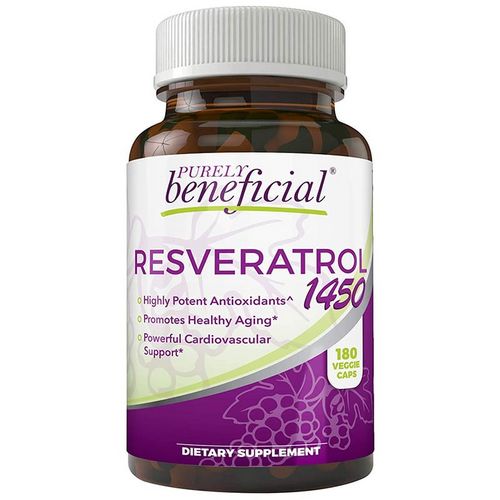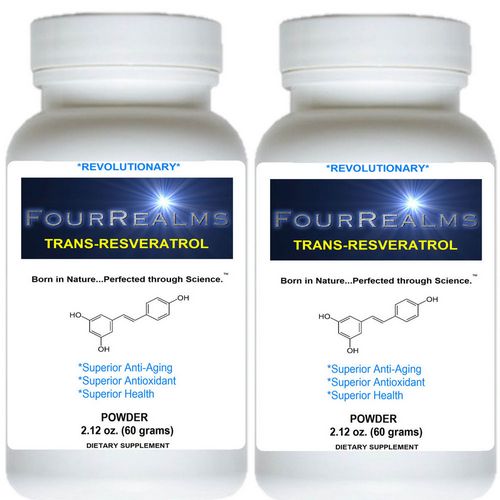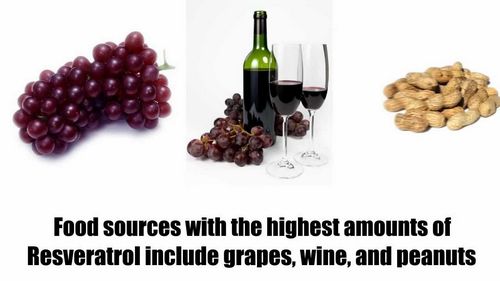What Resveratrol Is Not

Resveratrol, a natural substance found in a variety of plants, has been recently identified in red grapes (and hence red wine) and some berries (including blueberries and cranberries). Resveratrol has also been found on red skin and hair of blue berries and other berries. It’s now being marketed as a dietary supplement and for weight loss. People seek out resveratrol for weight loss, but what do its benefits really mean?
There are many red grapes and blueberries available, so any of them is bound to contain resveratrol. The red grapes contain the highest concentration. The skin of blueberries, cranberries, red grapes, and other red fruits contain significant amounts of this antioxidant. In humans, the amount can range from a couple hundred milligrams per day to about one thousand milligrams per day. Resveratrol benefits are most noticeable when resveratrol levels in the bloodstream to reach several hundred milligrams.
In addition to its ability to help repair cells, resveratrol acts like an anti-oxidant, preventing free radicals from damaging cells and DNA. The antioxidants that are produced by red grapes and blueberries have been shown to prevent cell death and extend life.
Resveratrol has been found on red grape skins and in blueberries, but it’s not clear how much of this substance actually reaches the blood stream. Researchers have not been able to establish a reliable method for quantifying the amount of resveratrol that reaches the blood. One of the most promising methods involves taking a small amount of resveratrol in wine and measuring the amount in the urine or saliva. Because the amount is small, the results will not be definitive.
As a natural substance, resveratrol cannot be patented, so anyone trying to sell a resveratrol supplement without a prescription can’t make a claim. Resveratrol benefits can’t be proven for any reason, including claims that the ingredient improves one’s health or that it helps prevent diseases. such as cancer. Some research studies have indicated that resveratrol may lower cholesterol and might reduce the risk of diabetes. but definitive research studies linking resveratrol to these benefits have been lacking. .
A few studies have suggested that resveratrol may promote weight loss and help control blood sugar. The problem with weight loss and diabetics is that people with diabetes often have issues with hypertension. This could lead to complications such as heart disease, stroke, or even death.

Because diabetics are already at increased risk for cardiovascular disease, it’s difficult to know whether weight loss with resveratrol would benefit them or not.
There’s also limited research regarding resveratrol benefits for diabetics. Resveratrol benefits are more promising for people who have had to deal with insulin-dependent diabetes and are at high risk of heart disease, although the research is somewhat inconclusive.
Resveratrol doesn’t help prevent or treat any potential health problems, but it does appear to help the liver by helping to remove the toxins that enter the blood from food. It may also slow down or prevent damage to cells. Resveratrol benefits for aging and prevention of disease should continue to be explored.
Resveratrol benefits are also associated with lower levels of blood pressure and other risk factors for hypertension. Although it can’t directly lower blood pressure, it appears to reduce the risk of hypertension by inhibiting the release of a substance known as natriuretic peptides, which leads to lower levels of pressure in the blood.
Resveratrol benefits seem to be related to increased longevity, because research has shown that older people who take resveratrol have lower risks of heart disease and cancer. Resveratrol also seems to slow down the rate of aging in a number of animals.
Resveratrol benefits for some people include an increase in sex drive and sexual stamina, which makes it appealing to athletes and other people who need to have a lot of energy for sports. The only thing that resveratrol isn’t good for is weight loss.
When used in conjunction with a diet, resveratrol benefits seem to be real. Unfortunately, it hasn’t been proven effective as a preventative measure, a treatment for certain diseases, or a method of preventing the aging process.
